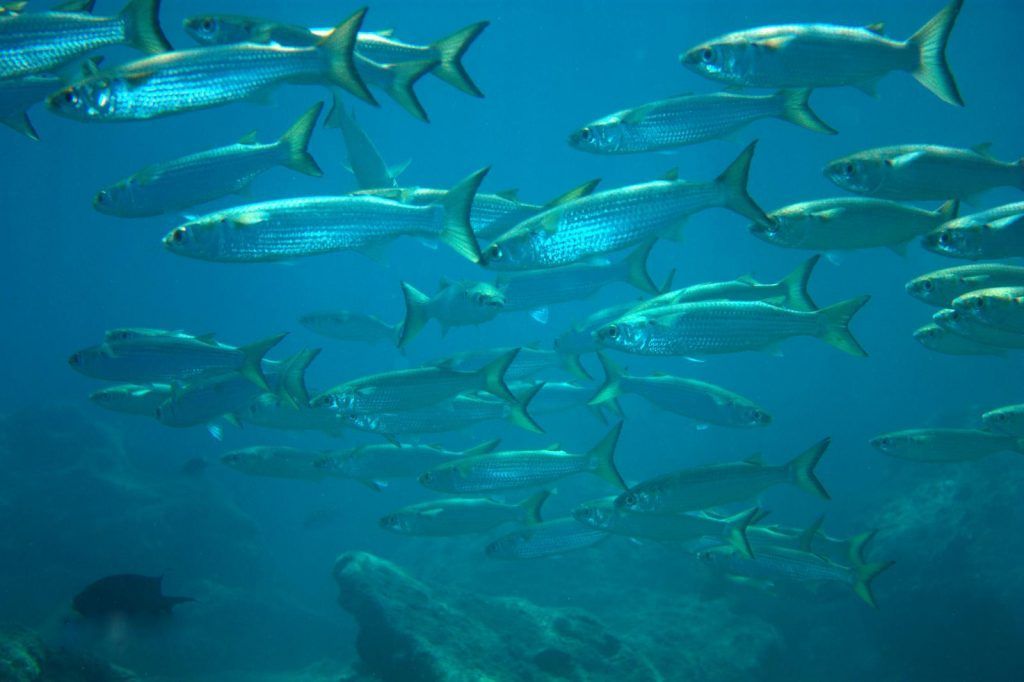At the upcoming 13th Ministerial Conference, the WTO‘s work to curb harmful fisheries subsidies is high on the agenda.
Subsidies that are poorly managed or encourage overfishing can contribute to overexploitation of marine resources and environmental degradation.
Some 260 million people depend directly or indirectly on marine fisheries for their livelihoods.
In addition, global dependence on aquatic foods for nutrition is increasing.
Therefore, the threat of overfishing to fish stocks worldwide is alarming.
According to the WTO, it is estimated that at least 34% of global stocks are overfished, up from 10% in 1974, meaning that they are being exploited so rapidly that the fish population cannot replenish itself.
Government funding – currently estimated at $35 billion a year worldwide, of which some $22 billion increases fishing capacity unsustainably – continues to exacerbate this situation by allowing many fishing fleets to fish longer and further out to sea than they otherwise could, to the detriment of marine life.
Fisheries Subsidies
At the 12th WTO Ministerial Conference, held June 12-17, 2022 in Geneva, members adopted the landmark Fisheries Subsidies Agreement after working on this issue in the WTO Negotiating Group on Rules since 2001.
Target 14.6 gave renewed urgency to this work on the UN Sustainable Development Goals (SDGs) adopted by world leaders in September 2015.
The Agreement marks an important step forward for ocean sustainability by prohibiting government support for illegal, unreported and unregulated (IUU) fishing; fishing for overfished stocks; and unregulated high seas fishing.
Prior to WC13, the WTO’s work on fisheries subsidies is progressing along two tracks.
First, the Agreement must enter into force, which requires two-thirds of WTO members to take the formal steps to adopt what they agreed to in 2022.
Multilateral agreement
More than half of the 110 acceptances needed are available, and many members intend to deposit their instruments at CM13.
In addition, the new WTO Fisheries Financing Mechanism will be available to provide technical assistance to developing and least developed countries to implement the provisions of the Agreement and manage their fisheries in a sustainable manner.
The second line of work concerns the «second wave» of negotiations to formulate additional disciplines targeting subsidies that contribute to overcapacity and overfishing, along with corresponding provisions for special and differential treatment to address the needs of developing and least developed country members.

